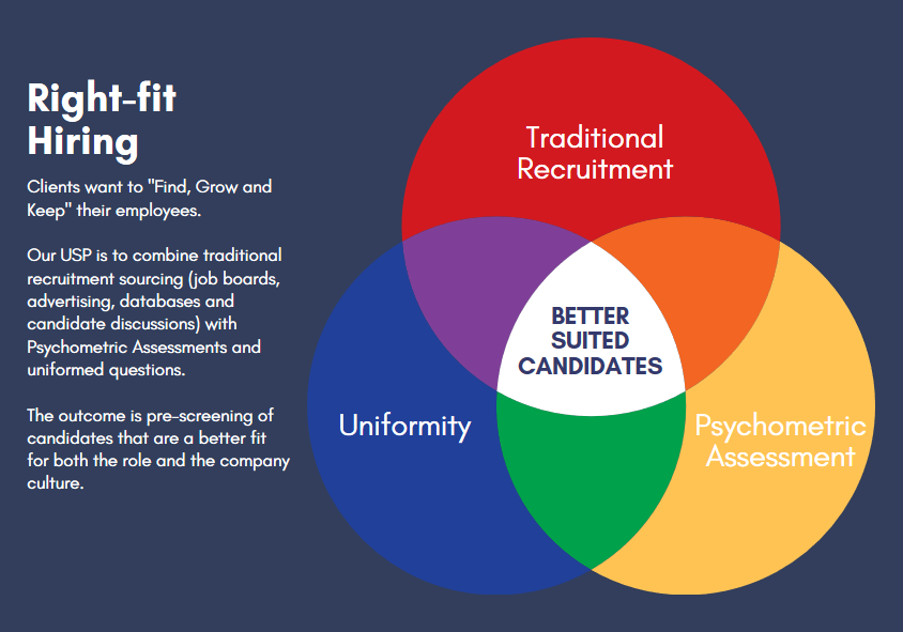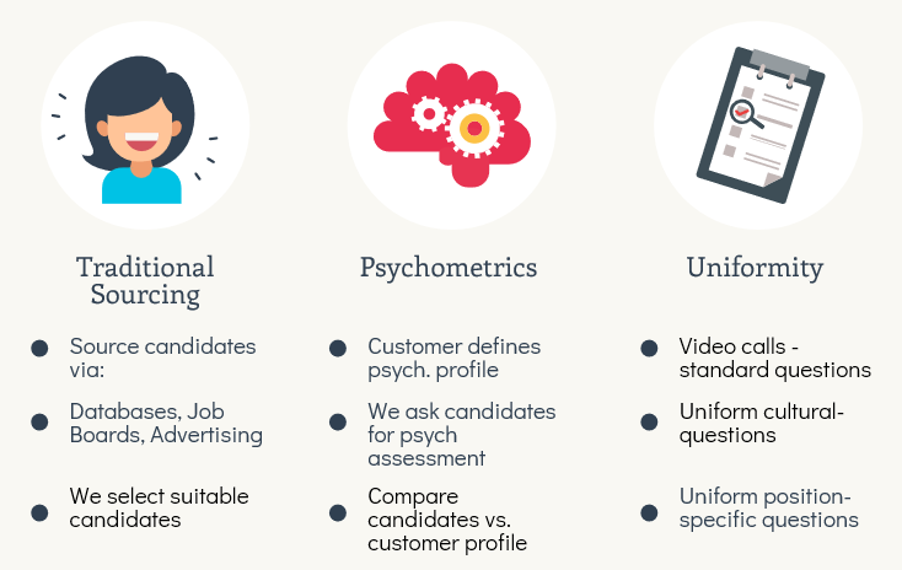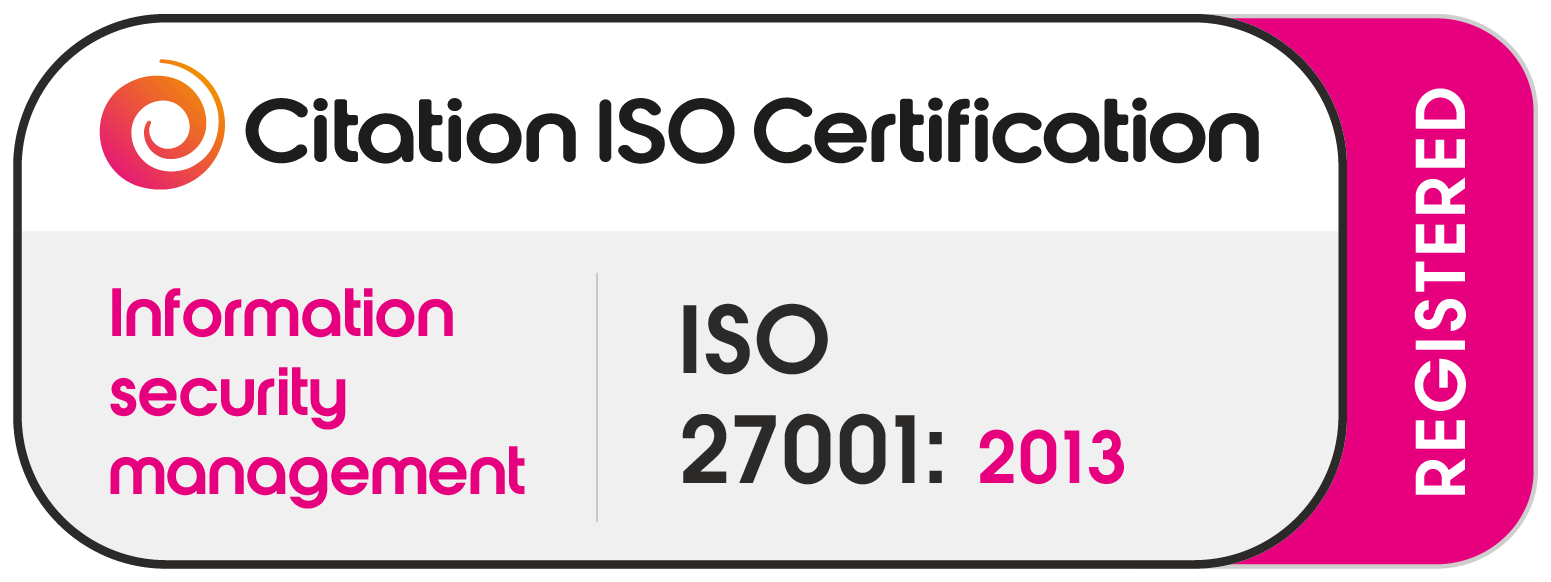Digital Transformation needs a strong IT Project Manager to succeed.
If you’re a CTO of a mid-cap portfolio firm, you know finding the right IT Project Manager is a challenge.
Without the right IT Project Manager, your projects can be drastically impacted. Important timelines will slip, and a lack of capability can affect the end result, employees, customers and the board.
IT Projects do not tend to provide instant results. So, you don’t often know you’ve got a problem until your projects slip. This can be months after hiring, so recruiting the right person is even more important.
But what is the definition of the ‘right’ Project Manager? Does this person exist, and how do you ensure you hire the right one?
In this blog, I share why a specific type of IT Project Manager is needed for PE-backed firms. I also share our methodology to identify the right IT Project Managers.
Most firms want to ensure their value creation plans provide the bext value for their investors. A key driver to the value creation plan is the people, team and culture within an organisation. As a qualified Kolbe Consultant I help Senior Leadership build their teams based on psychometrics and data. I specialise in helping build technology teams, having worked with more than 450 people. Ranging from personal 1-2-1 coaching to entire technology and leadership teams.
If you want to learn more about this service, you can read about our Leadership Coaching.
What I Learned from Hiring 20 IT Project Managers in a single firm
I learned the specific challenges of finding IT PMs the hard way. When I hired and managed 20 project managers for a PE-backed firm.
The firm was going through a significant digital transformation whilst simultaneously getting ready for an IPO. Pretty much everything was being changed at the same time. It was pretty exciting and daunting in equal measure.
The great thing about this experience was all the IT Project Managers were hired into the same firm. Effectively all working in the same environment with similar challenges.
This meant comparing the project managers’ behaviour and outcomes was relatively easy.
There were differences, of course – different projects, line managers and durations, for example. So, it is difficult to compare the project managers without considering their unique contextual challenges.
For example, it’s not fair to compare project managers where one has plentiful resources, and another has minimal. However, the latter scenario is a good test of skills and resourcefulness. The comparisons need to be made in the context.
Improving the Hiring Process to find a suitable IT Project Manager

In my scenario, some of the PMs were the equivalent of a Swiss Army Knife. They were able to handle every challenge that came their way. Typically autonomous, they were seen as high performers and well-regarded. The more success they had, the more opportunities and exciting work came their way.
In contrast, other PMs were strong in one area (e.g. completing complex, detailed documents) but needed help in other areas (e.g. driving the team). Hence, they struggled with the multiple hats they were expected to wear and were not regarded as high performers.
These differences are a good thing in the normal run of things. But when you’re under the cosh, you need results, not diversity. (And that’s coming from a diversity advocate!).
To paraphrase business guru Jim Collins, you need to get the right people on the bus in the right seats. Those that were more report and data-oriented needed to be placed in projects where that skill was most important. Whereas a different type of PM was needed for challenging projects. Those with multiple stakeholders, high profile and the need to drive staff.
The characteristics of the more effective IT Project Manager.
You will want the ‘Swiss Army Knife’ IT Project Manager to run a digital transformation project within a PE-backed business. As there will be tight deadlines and high levels of governance. Hence the PM will need to demonstrate a high level of ROI and clearly articulate that to management.
The IT Project Manager must ensure the project and the people are well managed. Any issues or challenges are escalated to the relevant people as soon as possible.
Some of their main characteristics include the following:
1. They have relevant experience
When hiring IT project managers, looking for people with relevant experience is crucial. This means experience managing projects in similar environments.
You need people who have worked in similar-sized firms. Candidates used to only working within large firms need to understand this role will require rolling up their sleeves.
Candidates from tiny firms are unlikely to have the experience or track record in high-pressure projects.
Exact technology knowledge was NOT high on our list of criteria but finding someone who could adapt and deliver was.
2. They are willing to get their hands dirty
This is particularly important for mid-cap businesses. There’s a rush to deliver combined with limited resources (compared to larger firms).
IT project managers need to be able to roll up their sleeves and get their hands dirty when necessary.
This might may also mean travelling to sites or needing to confront and persuade difficult stakeholders.
3. Strong team players
IT project managers must work collaboratively with other members of the project team and stakeholders across the company. Not all projects are that exciting, and it takes tenacity to generate energy and keep track of activity.
Lone wolves do not work well in this situation.
4. Strong communication skills
Obviously, strong communication skills are essential for all Project Managers.
Specifically for mid-cap transformation, they must be able to clearly present their plans and provide confidence in the underlying team. They also need to challenge people who don’t want to cooperate.
5. Look for detail-oriented people
The magic is finding people with high attention to detail and excellent communication skills.
Many mid-cap transformations are complicated. The IT Project Manager needs to invoke change and transform business areas others have previously ignored due to their complexity.
This complexity needs a critical eye for detail and the ability to track multiple elements of numerous projects.
It also means identifying potential issues before they become actual problems.
6. Look for people who are problem-solvers
There was a notable difference between the IT Project Managers who came back to us with results.
The right person identified potential problems early on. They developed creative solutions to keep the project on track despite these challenges.
Whereas weaker project managers tended to avoid problems altogether, which is unrealistic.
7. Flexibility
Last, the ‘right’ IT project managers were flexible.
This means they can adapt quickly as situations change or unexpected challenges arise during a transformation.
The Process to Hire better IT Project Managers
Having gained experience and learned valuable lessons, we have developed a methodology and process.
I am sharing this so you can undertake this process yourself.
- Two or more people must be involved in the process to remove bias.
- Develop a clear brief of the role and the type of project manager you are after.
The recruitment process should include three elements:

Traditional Sourcing
We need to understand your requirements. Then we will find candidates for you from typical sources and not-so-typical by reaching out to our network.
I recommend getting between 10-20 CVs and whittling them down to 5.
Psychometrics
You don’t want a fighter-jet pilot driving a tractor.
We use Psychometrics to determine what’s ‘under the hood’ and determine how each candidate will perform under pressure.
This is a specific benefit of using Kolbe. It allows you to determine how a candidate is likely to perform when under stress or faced with the unknown (compared with other psychometric tests).
- Run a values-screening call. Ask standardised questions to establish a candidate’s personal values. Determine if their values match the firms before continuing.
- Understand the psychometric profile of the ideal candidate. This allows you to determine what type of individual the hiring manager/firm is looking to hire. It’s best practice to establish this before assessing candidates.
- Test candidates. And match them against the ideal candidate profile.
The psychometric data provide supporting evidence and should not be the deciding factor in hiring. It can be useful when two candidates are extremely close in all other areas. But we will not hire based on psychometrics alone.
Uniformity
It is only a fair comparison if you take the same approach and ask the same questions to all candidates.
This way, you can avoid personal biases and clearly explain why Candidate ‘B’ was more suited than Candidate ‘A’.
When we do this work for our clients, we must show them the ‘data’ that backs up our judgement. We achieve this by:
- Reviewing all CVs equally. Time must be set aside to review the CVs and marked under the same five measures (specific to each customer)
- Creating 10-20 standardised interview questions. You need to understand the projects to be managed, the company culture and the specific issues they’ve had in the past. The questions must balance between being relevant, challenging and fair.
Make sure you ask open questions rather than closed yes/no questions and ask them to give you lots of examples to get evidence rather than just giving them scenarios. - Developing an interview scorecard. Take 8-10 critical skills or needs and rate them against the candidates. An example is below:

The process of hiring an IT Project Manager in detail
I have shared our entire hiring workflow below to explain how all the steps fit together. It’s a lot more comprehensive than the traditional job description/advertising/interview workflow
But with the right people in charge, this process does not add a considerable overhead to the hiring:

For clarity, the blue boxes are the work we undertake while running the recruitment process, and the green ones are the client’s responsibilities.
Regarding timing, you will need a week of preparation, a day of interviews and a day to provide feedback.
Whilst this may feel time-consuming, the end result will be your recruitment of a high-quality team member.
Finding the right IT Project Manager
If you follow this process you will benefit from the following results
- Finding the ‘right-fit’ IT Project Manager to help oversee Digital Transformation.
- Ensuring hiring managers deliver precise (psychometric) requirements before the job is advertised.
- Standarising the process so you can easily compare candidates before selection.
Conclusion
Finding IT Project Managers with the right mix of skills and experience for mid-cap firms is both challenging and essential.
With the right person in place, your firm will be well on its way to success. But get it wrong, the headache becomes about managing the Project Manager, not the Project!
Do you need help?
My first official assessment of technology teams was back in 2005 to assess the leadership team of a global retailer. Since then, and hundreds of tech employees later, we devised a way to improve tech team productivity.
If you’re having difficulty finding candidates with all these qualities, consider talking to us. We can act as a recruiting partner specialising in hiring IT professionals.
You can find candidates with the skills, experience, and personal characteristics you’re looking for.







